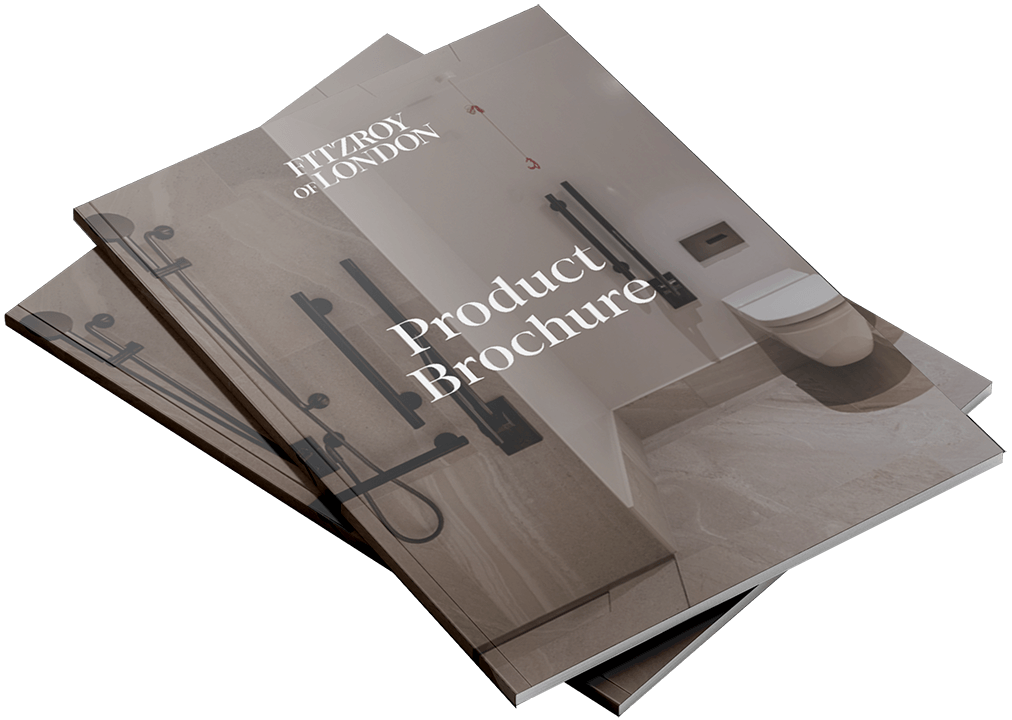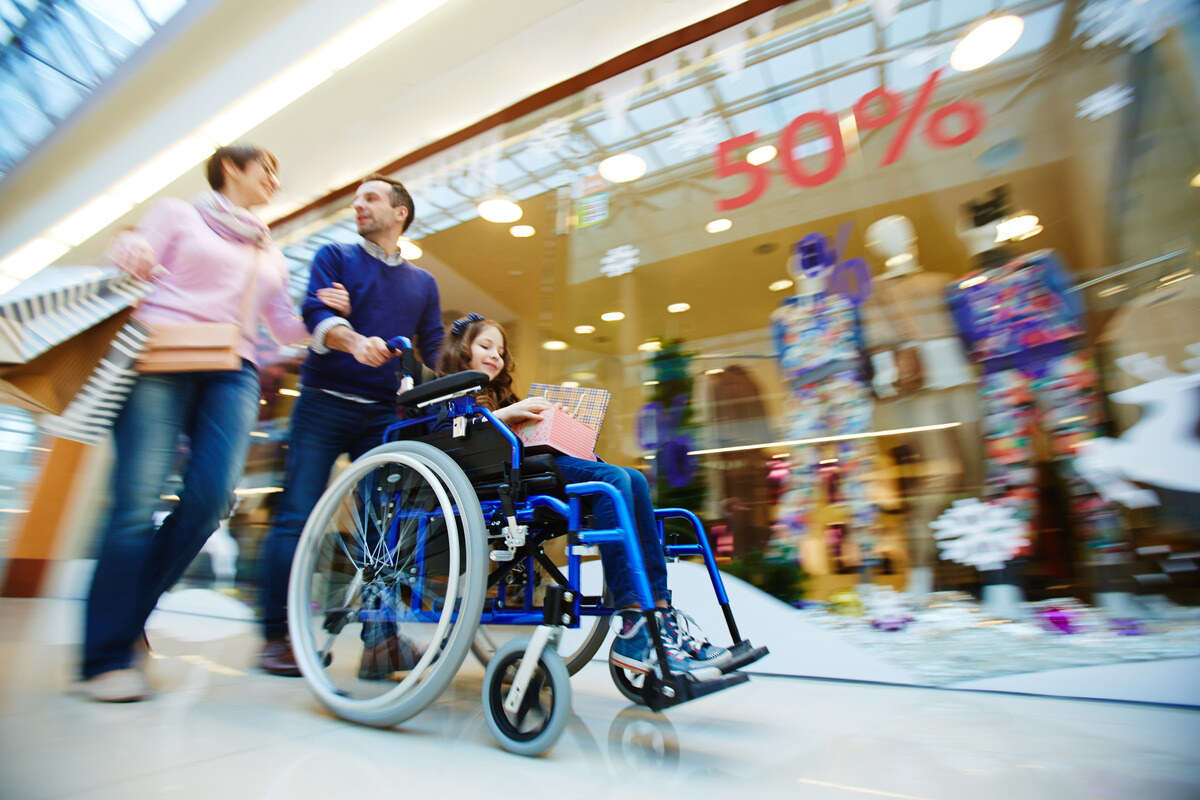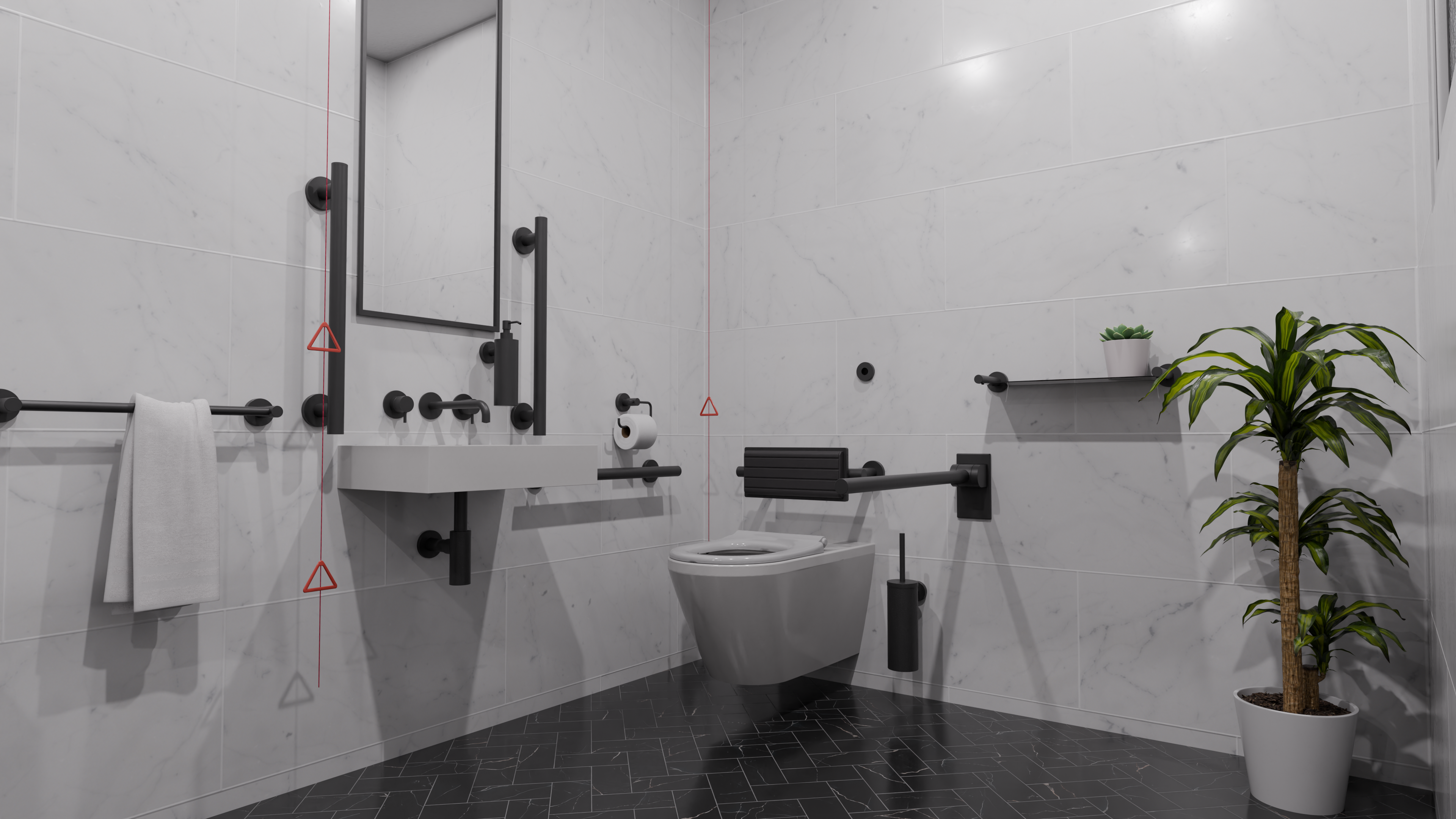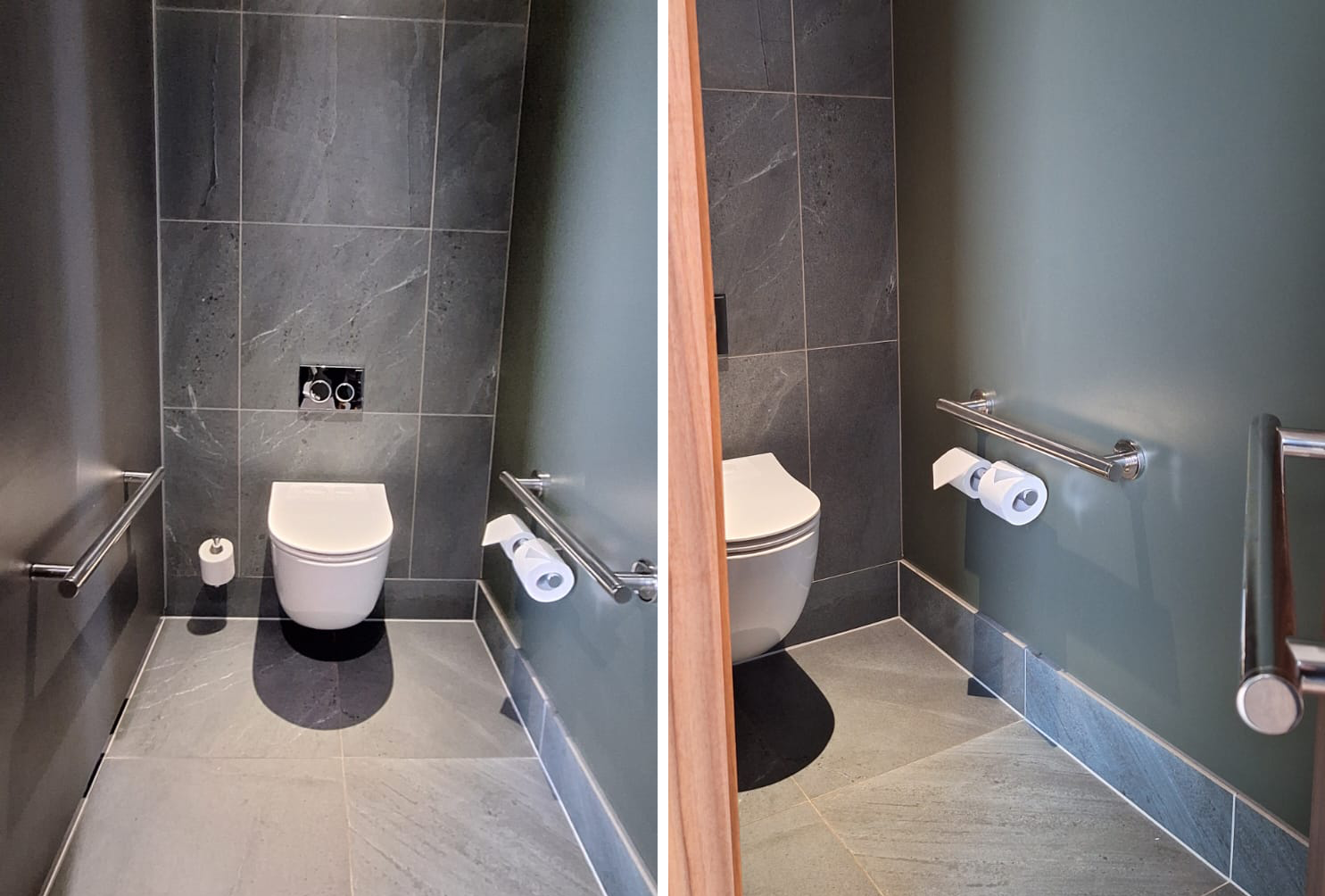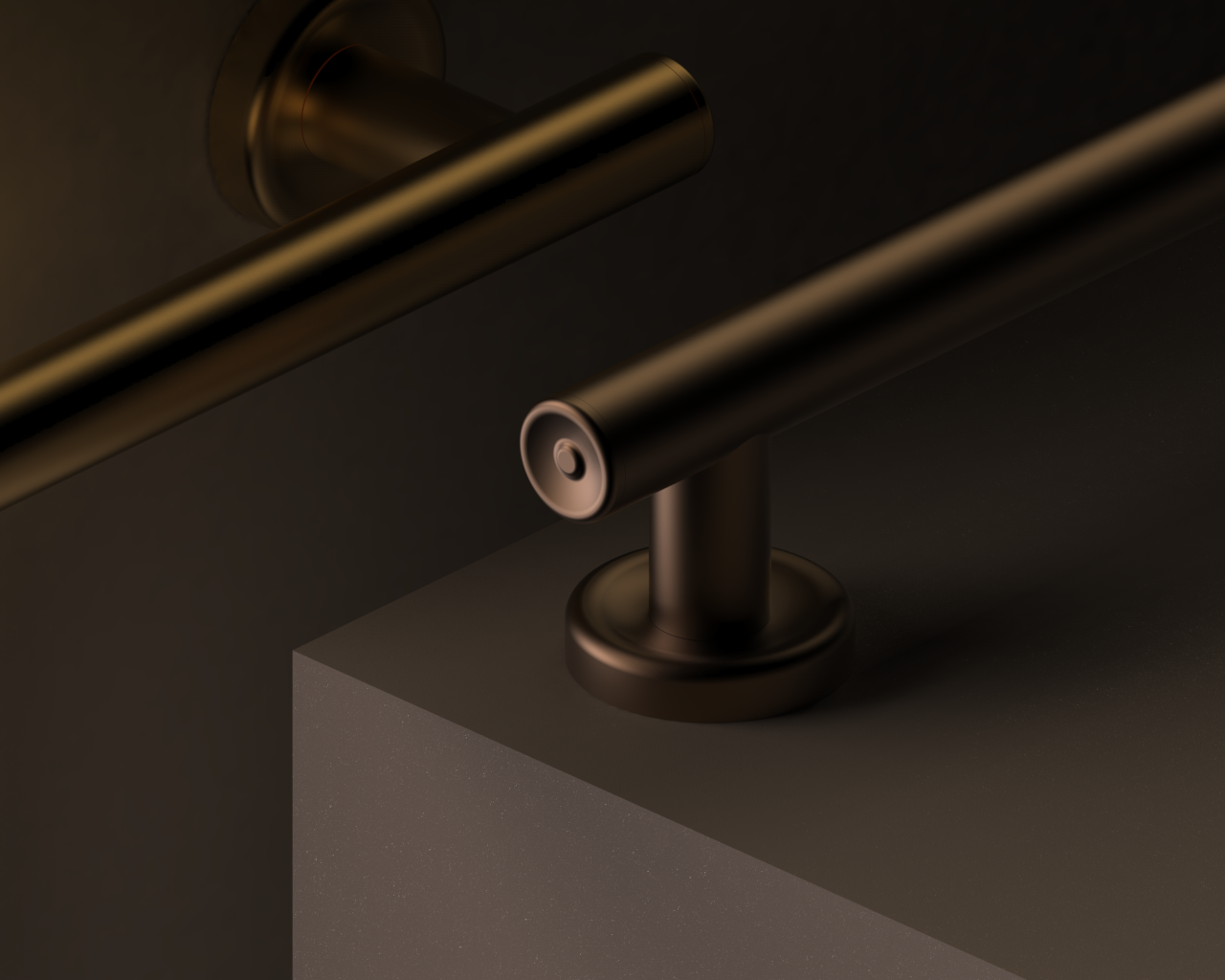Hospitality
The hospitality sector is a significant consumer of Doc M packs and accessories. It’s a broad market with many different requirements and opportunities for wholesalers. Any new development in the hospitality industry, whether a new branch of your favourite coffee shop or a high-end hotel, must incorporate accessible toilet and/or washroom facilities.
Depending on size, they may even be required to install a high-specification Changing Places toilet. Existing buildings are not compelled by law to offer accessible toilets, but there is a big onus on businesses to comply with the Equality Act 2010 by removing physical barriers to use. Therefore, there’s an opportunity for wholesalers to supply virtually every type of hospitality venue – cafes, pubs, restaurants, wine bars & bistros, nightclubs, fast food outlets, B&Bs, hotels, and many more. It’s worth remembering that accessible provision isn’t just for patrons but also for staff, so even venues that don’t offer sit-in hospitality services will require Doc M provision.
As for the types of Doc M pack products you can supply, the sky’s the limit. New build or renovation projects will likely require a complete Doc M pack solution, including sanitaryware and grab rails.
Venues looking to upgrade their accessible toilets may only require grab rails, and they may be looking for something with a little more panache than the typical white, powder-coated rail. Our Style range includes stainless steel plus a variety of style-conscious RAL finishes that can elevate these spaces and are available as packs or individually for a versatile solution.

Fitness and Leisure
The UK fitness industry has exploded over the past 10 years. According to a 2022/3 report by UK gym chain PureGym, 14% of people in the UK are gym members. Another study by the Inclusive Fitness Initiative identified that there are more than 7,200 health and fitness clubs in the UK, but only 68 are accessible to disabled users. Toilets, changing rooms, showers, spa, and poolside facilities – the need for Doc M pack products within fitness and leisure facilities is significant and currently underserved, which means there are big opportunities for proactive contractors and wholesalers to sell products into these spaces.
As with hospitality, demand from leisure businesses may go beyond the provision of a basic grab rail to meet compliance. In a competitive marketplace, many gyms and leisure clubs strive to offer a more premium experience, with stylish interior aesthetics throughout their facilities. As a result, offering distinctive products such as our STYLE range can help you win new business.

Retail
Compared to the hospitality or leisure sectors, retail is definitely a smaller opportunity, but things are beginning to change. Given the chain-orientated nature of today’s high street, there’s a lot of potential business currently sitting untapped. After many years of lobbying for increased awareness and equality around disabled rights, the work of activists is beginning to bear fruit, with businesses and venues outside of the service industry starting to consider their responsibilities in terms of access. Retail is one of those industries.
Accessible washrooms are found in shopping centers nationwide, but few individual stores offer toilet facilities for customers, and fully accessible changing spaces are few and far between. This may not change, but advancing equality means the need for accessible facilities for retail workers is only set to grow.
Our Fitzroy of London brand recently worked with none other than Gucci on improving the accessibility of their Bond Street store to include accessible changing rooms for patrons. Gucci is the first and only high fashion retailer to participate in the annual Disability Equality Index, and where the catwalk leads, it’s inevitable that the high street will follow. When it comes to fashion, not just any accessory will do. From haute couture to fast fashion, Fitzroy of London offers a grab rail specification to suit.
As a Fitzroy of London stockist, you’ll have access to more than two decades of Doc M pack expertise and a comprehensive range of Doc M packs and individual accessories to meet the needs of virtually any customer and venue. Our new product guide exists to help you understand our unique brand ecosystem and quickly identify the best product for any project, adding value for your customer and helping you build both your reputation and your sales revenues.
Download Our Brochure
Browse our complete product offering by downloading our free brochure. See what’s possible with Fitzroy of London.
